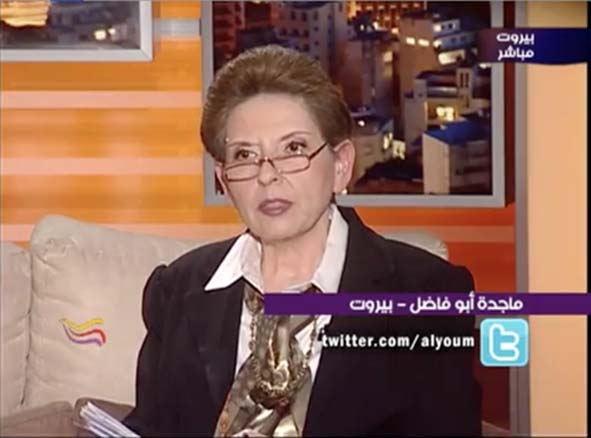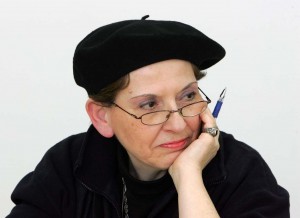Arab women are making great strides in their use of social media, often outrunning their male counterparts on Twitter, according to studies.
The shift from traditional to digital, social and interactive media is a natural for women, notably in the Arab world where conservative societies have been slow to accept females in high visibility roles, Media Unlimited director Magda Abu-Fadil said.
“Thanks to such media, you feel women have a presence, are speaking out more, communicating more, interacting more with their societies, and perhaps with people they don’t even know, and have proved themselves,” she told Maysaa Al Amoudi on the Rotana satellite channel show “Sayyidati” (My Lady).
Women have been able to reach far wider audiences than they would through traditional media, she explained, adding that they have to develop by mastering different social media tools and platforms.







